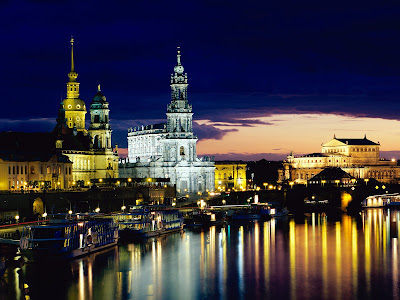Germany officially the Federal Republic of Germany is a federal parliamentary republic in west-central Europe. The country consists of 16 states, and its capital and largest city is Berlin. Germany covers an area of 357,021 square kilometres (137,847 sq mi) and has a largely temperate seasonal climate. With 81.8 million inhabitants, it is the most populous member state in the European Union. Germany is one of the major political and economic powers of the European continent and a historic leader in many theoretical and technical fields.

Following the fall of Napoleon, the Congress of Vienna convened in 1814 and founded the German Confederation (Deutscher Bund), a loose league of 39 sovereign states. Disagreement with restoration politics partly led to the rise of liberal movements, followed by new measures of repression by Austrian statesman Metternich. The Zollverein, a tariff union, furthered economic unity in the German states. National and liberal ideals of the French Revolution gained increasing support among many, especially young, Germans. In the light of a series of revolutionary movements in Europe, which established a republic in France, intellectuals and commoners started the Revolutions of 1848 in the German states.


